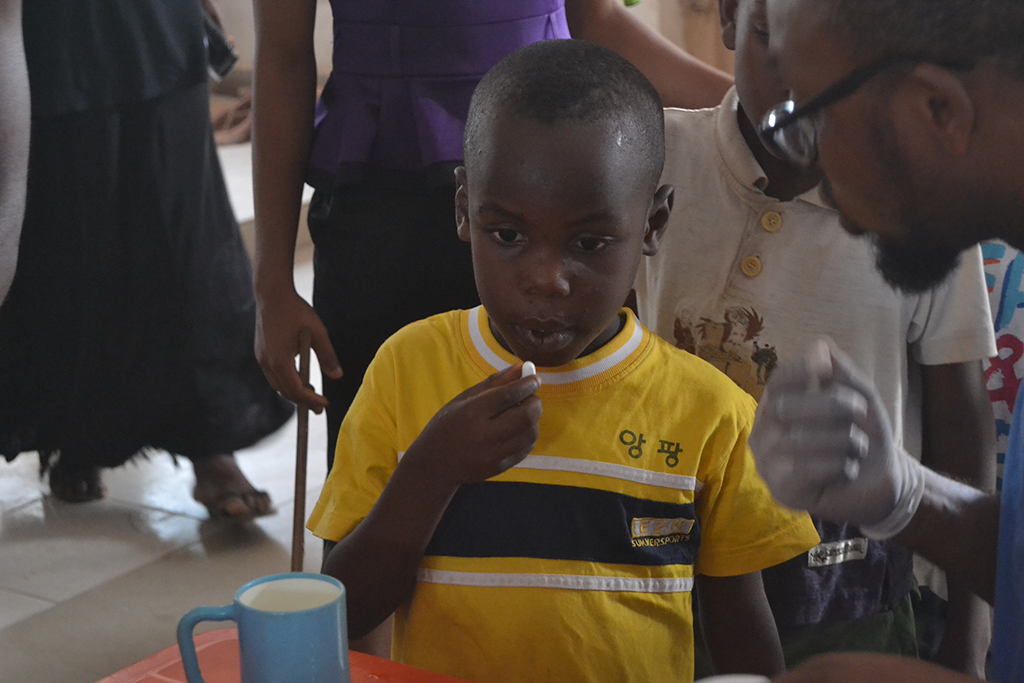Smile Without Worms
Intestinal parasitic infection is known to be one of the major health problems in developing countries. According to the WHO, it has been estimated to affect about 3.5 billion people globally and 450 million people are thought to be ill as a result of such infections, the majority being children. Intestinal helminth infections have continued to prevail because of poor standards of living, poor environmental sanitation and ignorance of simple health promoting behaviours. Also in rural communities, dental caries has been found to be another public health concern. It is the most prevalent and chronic oral disease particularly in childhood age. According to a preliminary survey carried out in a rural community in eastern Nigeria, the prevalence of dental caries among school children was found to be 35.5%.
Through the Smile Without Worms Program, we therefore seek to improve knowledge and introduce health promoting behavioural practices among rural dwelling children. As well as put smiles on their faces by providing them with toothpaste, toothbrushes, clothing, shoes, bags and other gift items.


